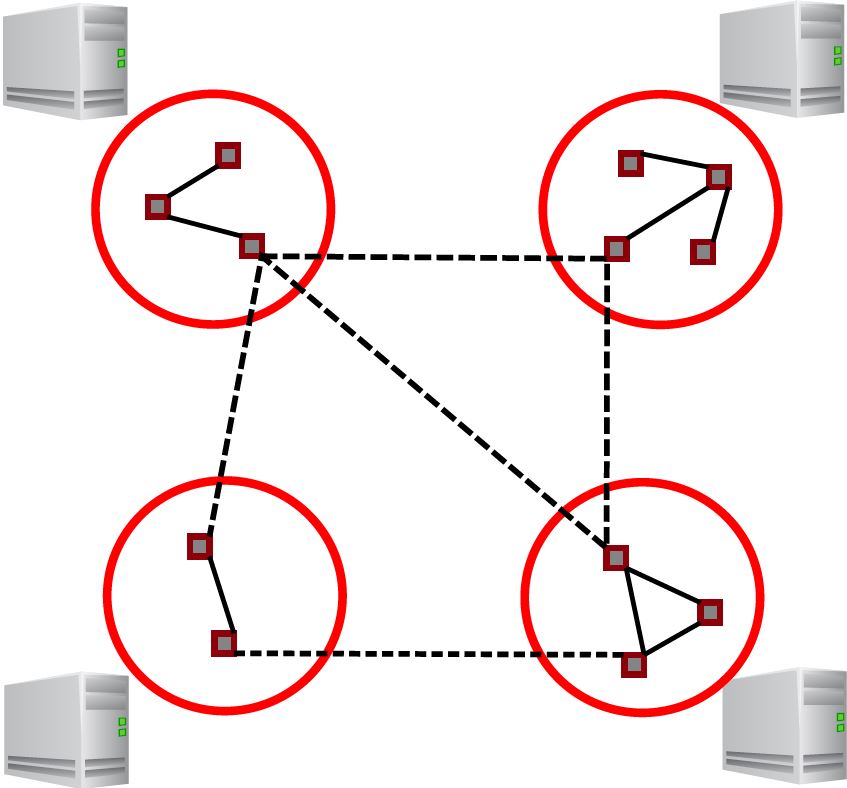Parallel and distributed simulation - A module from the key subject area Models & Algorithms

Discrete event-oriented approaches and formalisms are key to modelling and simulation and used in various fields of network simulation (for example for improving routing protocols), simulation of global air traffic (for instance for optimizing an airline’s departure times), simulation of migration flows (what decision-making processes and individual social networks and geographical circumstances are considered) up to simulation of cell-biological systems.
The lecture Parallel and distributed simulation, held by Ms Professor Uhrmacher, reflects upon this in summer term. The lecture considers methods and algorithms for efficient distribution and parallel simulation of large discrete-event-oriented models on modern parallel hardware.
Parallelization and distribution of calculations are fundamental problems of computer science, so that the subject areas considered in the lecture are even of interest for many applications outside simulation. There is, for instance, a major convergence in the field of synchronization algorithms with network architecture issues. Many examples for distributed simulation can also be found in modern online games where worlds are simulated in parallel and synchronously via a large network of players.
The lecture can be held in English if requested and addresses students with good basic knowledge in computer science. Ideally, they have already heard the basic lecture modelling and simulation even during their bachelor studies. Still, students from other subjects are also welcome and can profit after a short introduction into the topic at the beginning of the lecture. Parallel to the lecture there are practical tutorials where the newly learned concepts can be practically implemented and consolidated. Accordingly, basic programming skills are another precondition for participating in this lecture.
